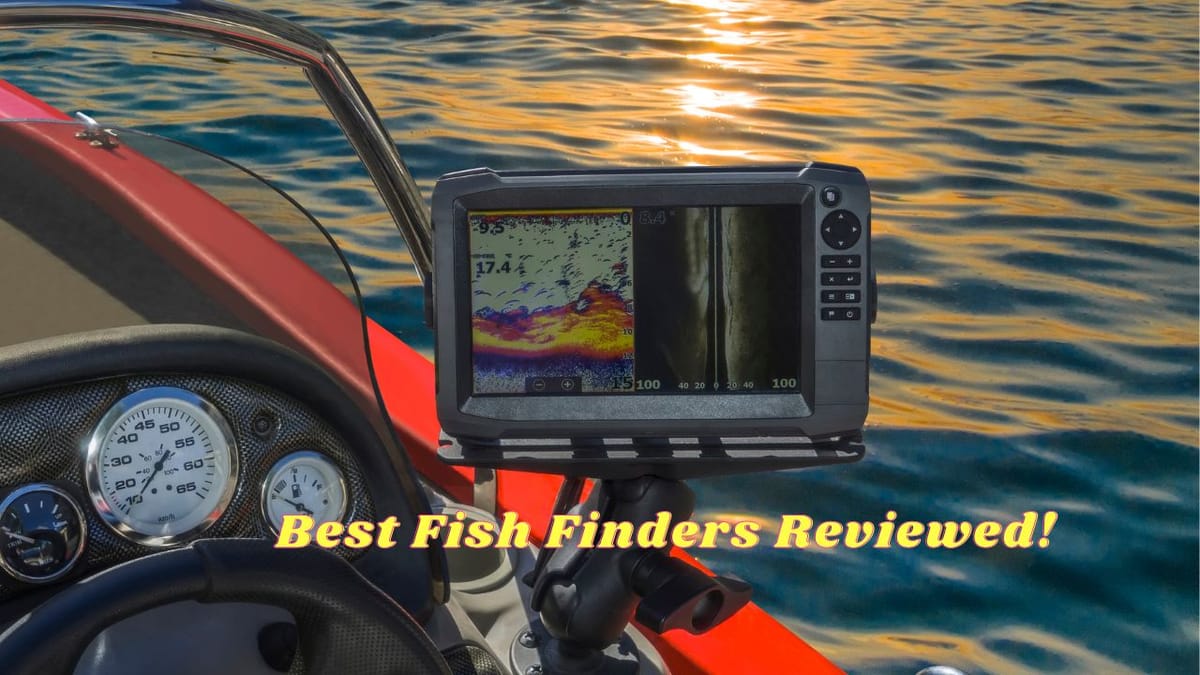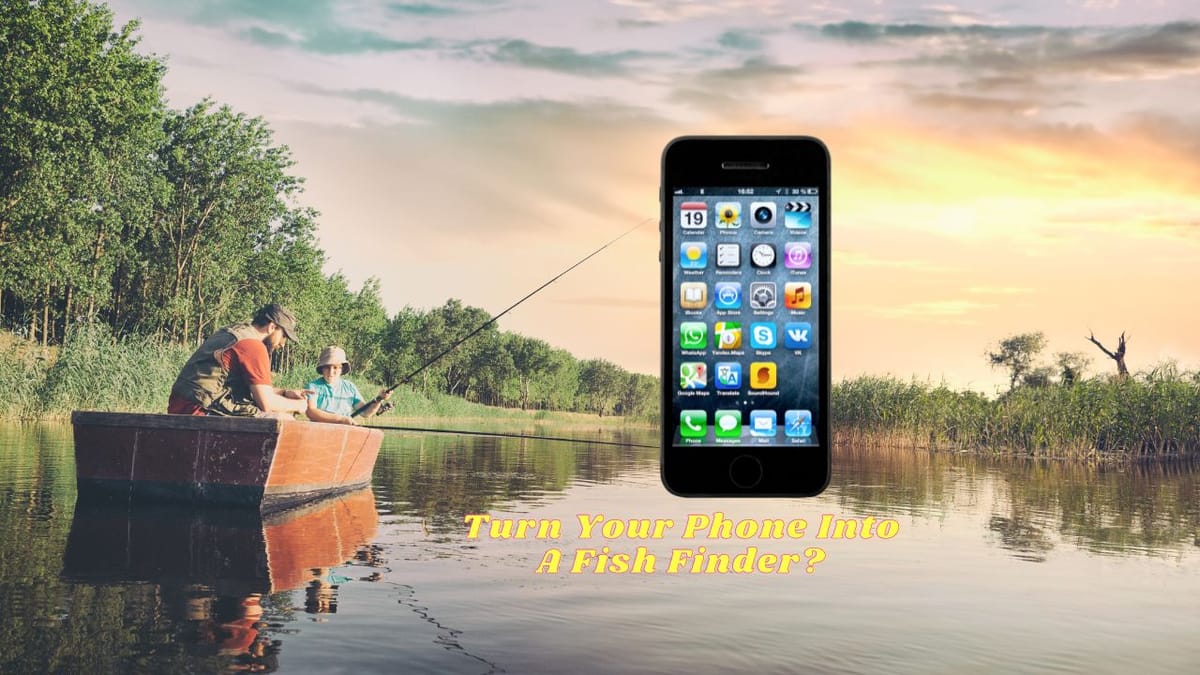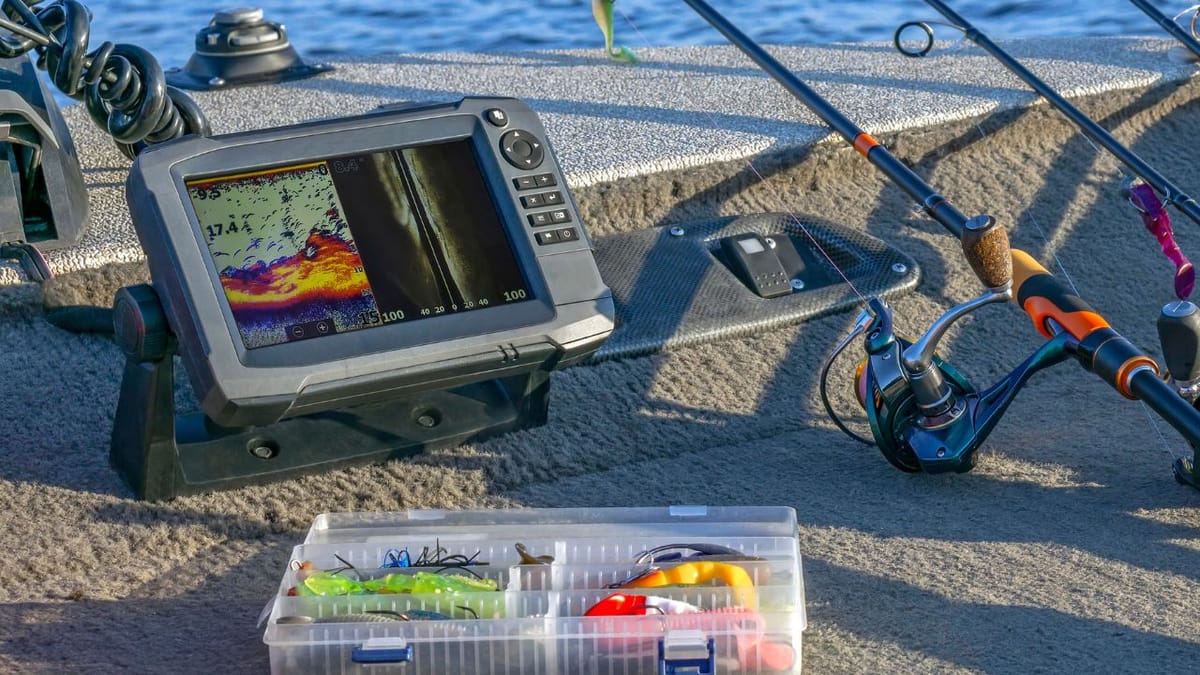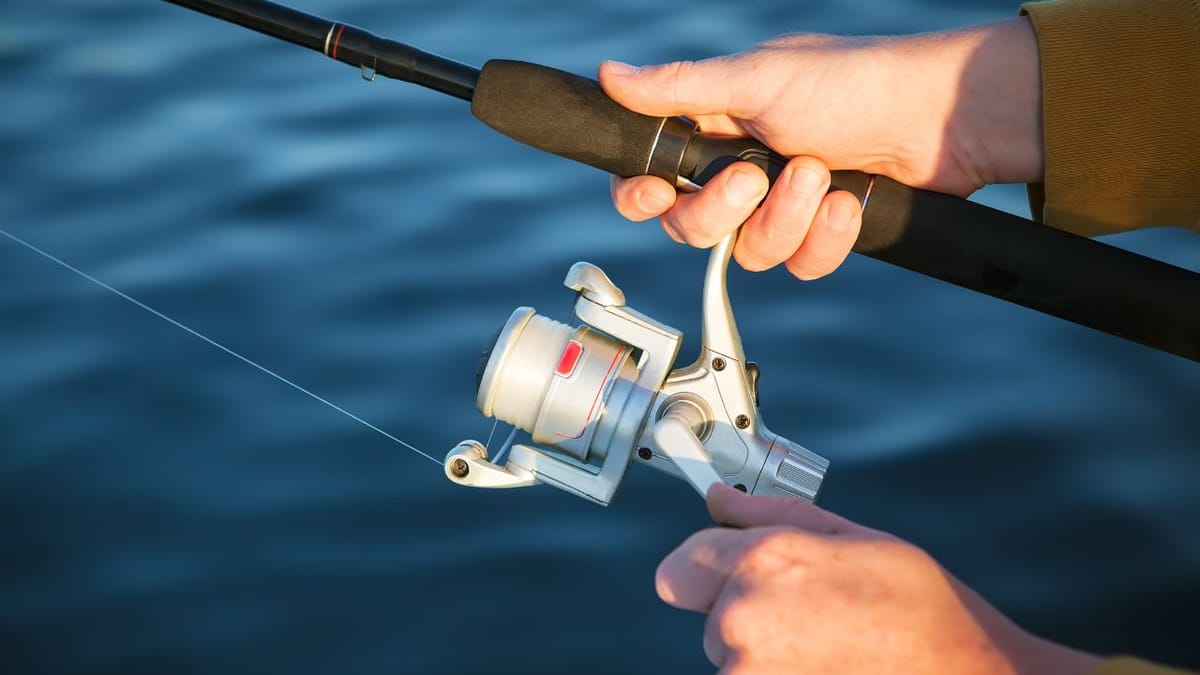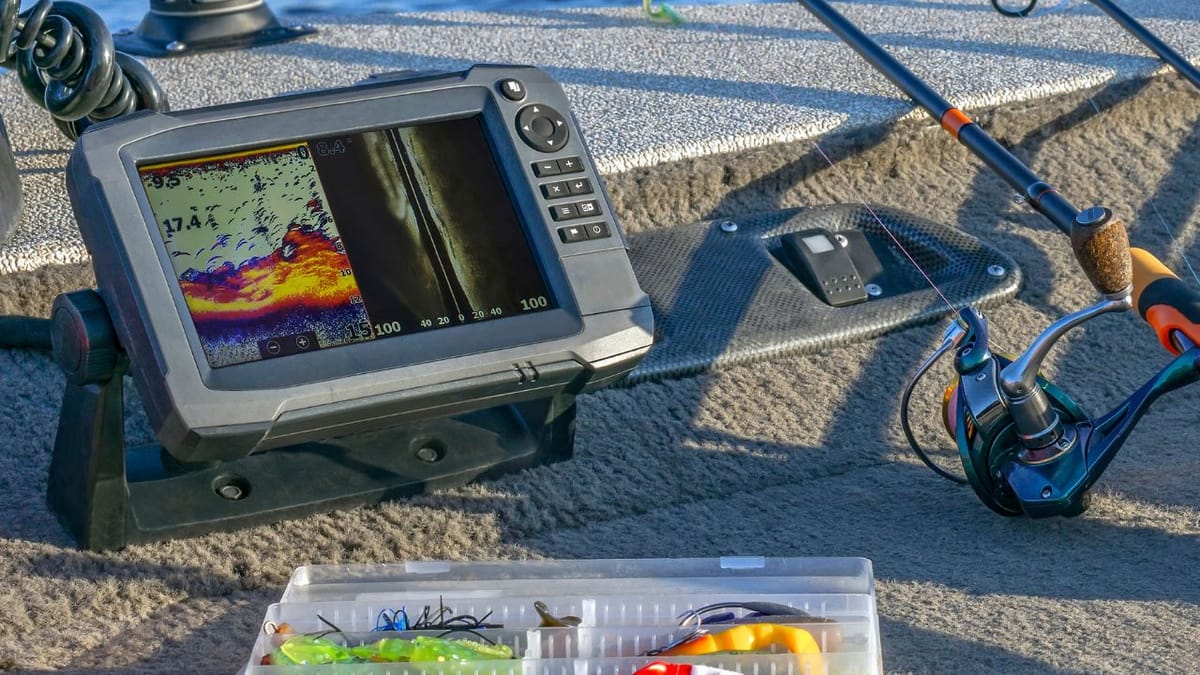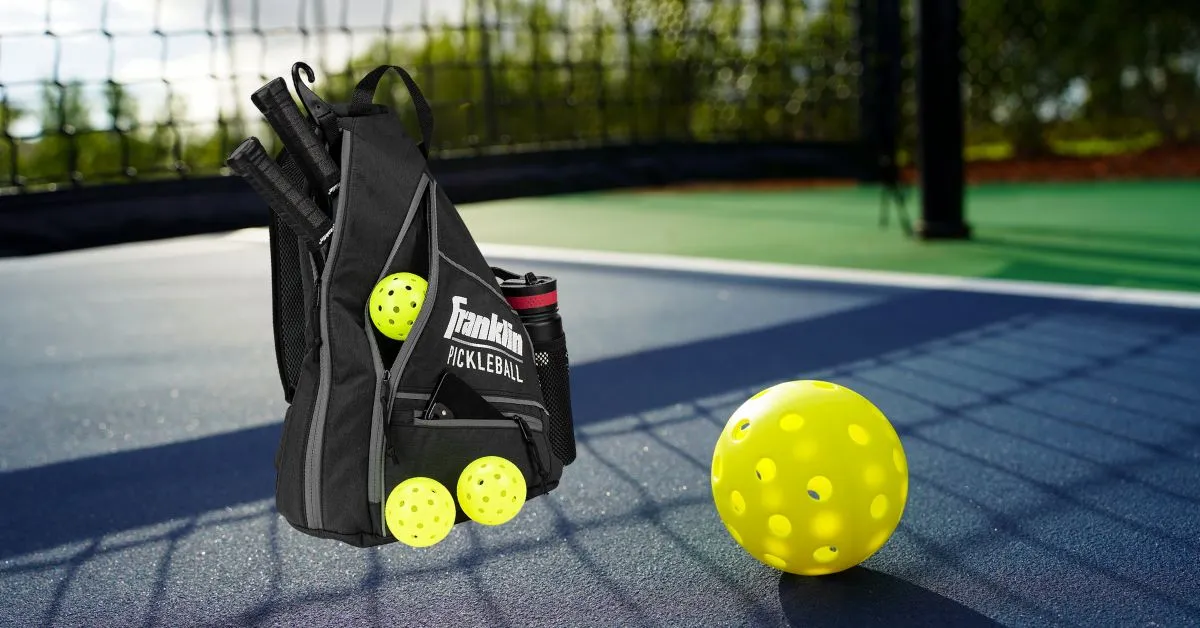Table of Contents
Kayaking is a thrilling adventure that combines the joys of exploration with the excitement of fishing. But to elevate your fishing game, you need the right equipment, and a fish finder is an indispensable tool for any kayak angler. With the myriad of options available, choosing the best fish finder for your kayak can be a daunting task. This comprehensive guide will navigate you through the essentials, ensuring you make an informed decision for your next aquatic adventure.
Key Takeaways:
- Understand the essential features to look for in a kayak fish finder.
- Discover the top models that cater to different needs and budgets.
- Learn how to maximize the use of a fish finder to enhance your fishing experience.
With detailed and rigorous research, we provide our readers with the finest recommendations. Our recommendations are our opinions. Our cause is backed by reader support- for every click made through one of our affiliates links, a commission may be earned at no extra expense to you! As an Amazon Associate, Reviewsopedia may earn a commission from qualifying purchases. Thank you and enjoy!
Essential Features of a Kayak Fish Finder
When searching for the best fish finder for your kayak, there are several key features to consider. Portability is paramount; a compact and lightweight design ensures it won't take up too much space or weigh down your kayak. Waterproofing is another critical factor, as your device will inevitably be exposed to water. Look for fish finders with high IPX ratings for the best protection.
Battery life is also crucial. Since kayaking trips can last several hours, you'll want a fish finder with a battery that can keep up. Additionally, the quality of the sonar technology is important for accurate readings. Look for devices with CHIRP (Compressed High-Intensity Radiated Pulse) sonar for the clearest images of what lies beneath the water's surface.
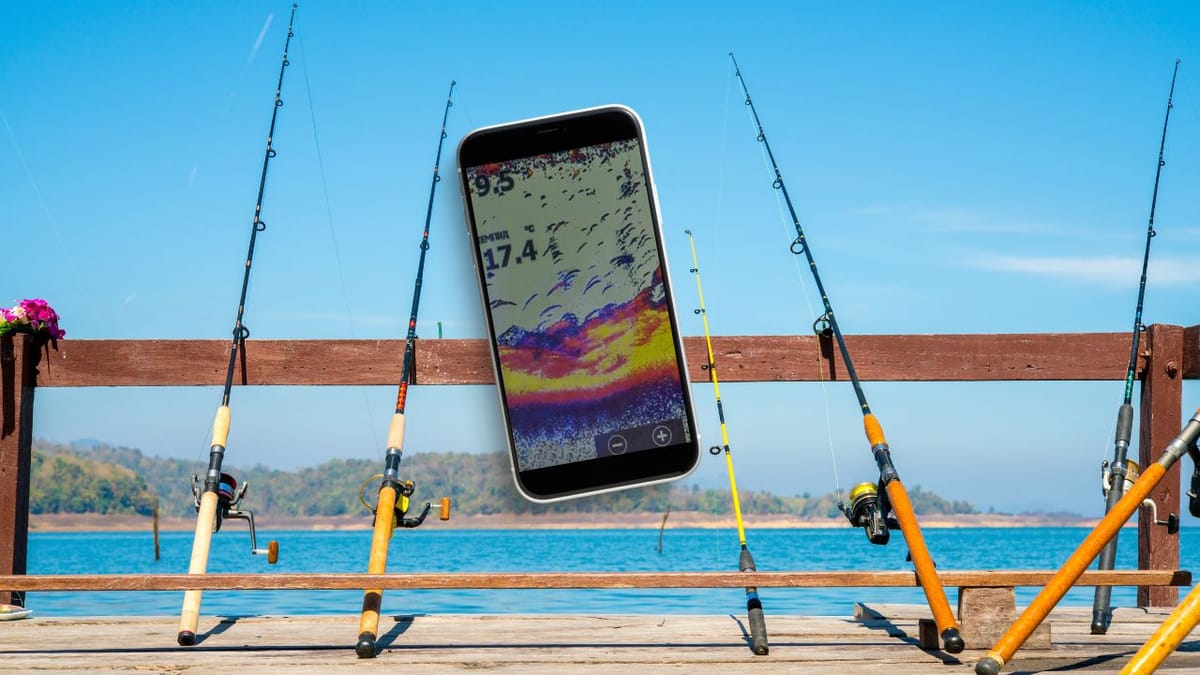
Top Models for Different Needs and Budgets
The market offers a variety of fish finders tailored to the needs and budgets of kayak anglers. For those on a budget, the Garmin Striker 4 is a popular choice, offering high-quality sonar readings and a user-friendly interface. On the higher end, the Lowrance HDS-7 Live provides cutting-edge technology with features like smartphone integration and real-time mapping.
For the tech-savvy angler, models with GPS capabilities, such as the Humminbird Helix 5, are invaluable. They not only help you find fish but also allow you to mark spots for future reference. Meanwhile, the Raymarine Dragonfly Pro series is renowned for its down vision sonar, giving you photo-like images of the underwater environment.
Installation and Mounting Options
Proper installation and mounting of your fish finder are essential for optimal performance. Most fish finders come with a transducer that needs to be mounted on the kayak. There are several mounting options, including through-hull, scupper hole, and suction cup mounts. Each has its advantages and considerations, such as the ease of installation and the impact on the kayak's performance.
Through-hull mounts are permanent and offer the best sonar signal but require drilling into your kayak. Scupper hole mounts utilize existing holes in sit-on-top kayaks and are easier to install. Suction cup mounts are the least invasive and can be easily removed, but they may not be as stable as other options.
Screen Size and Resolution
The screen size and resolution of your fish finder can greatly affect your ability to interpret the data it provides. Larger screens offer more detail and are easier to read in bright conditions. High-resolution screens ensure that you can distinguish between fish, structures, and the bottom.
However, larger and higher-resolution screens typically consume more power and can be bulkier, which is a consideration for kayak anglers who need to conserve space. Balancing screen size and resolution with your kayak's available space and power supply is key.
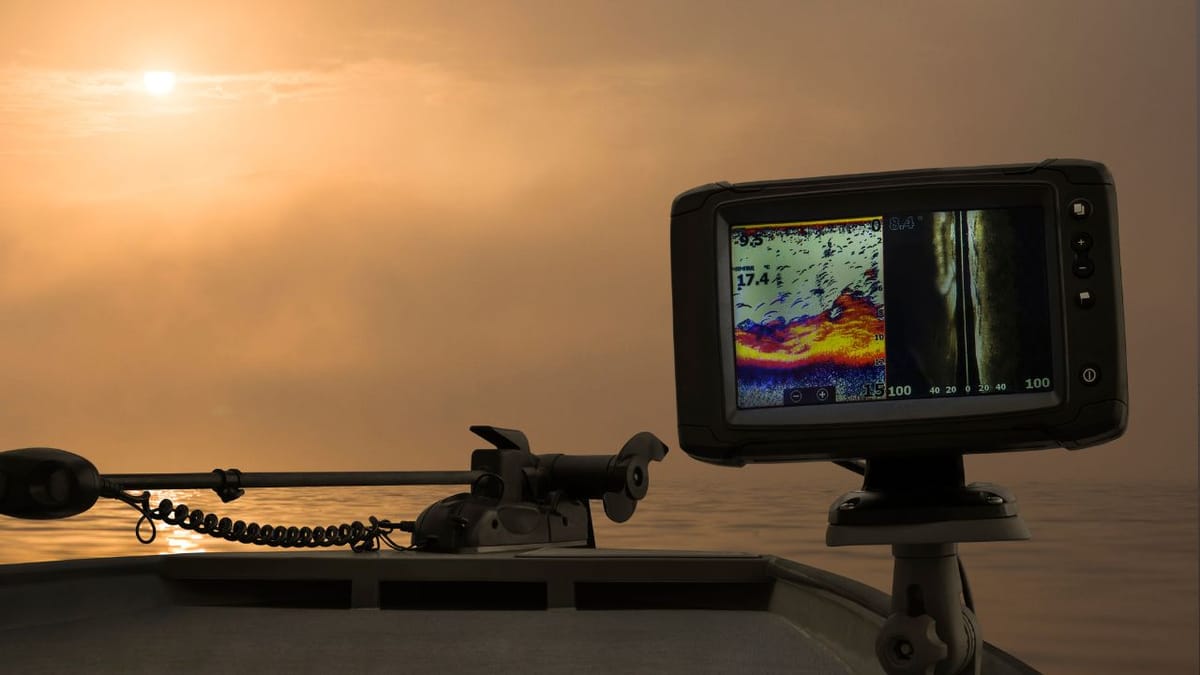
Frequency and Sonar Types
Fish finders operate using sonar technology, and the frequency of the sonar wave can impact its effectiveness. Higher frequencies, such as 200 kHz, provide more detail but are best for shallower waters. Lower frequencies, like 50 kHz, are better for deeper water but offer less detail.
Additionally, there are different types of sonar, including traditional, CHIRP, down imaging, and side imaging. Traditional sonar is great for general use, while CHIRP provides more detailed information. Down imaging is ideal for a clear view beneath your kayak, and side imaging extends your view on either side, which is perfect for scanning large areas.
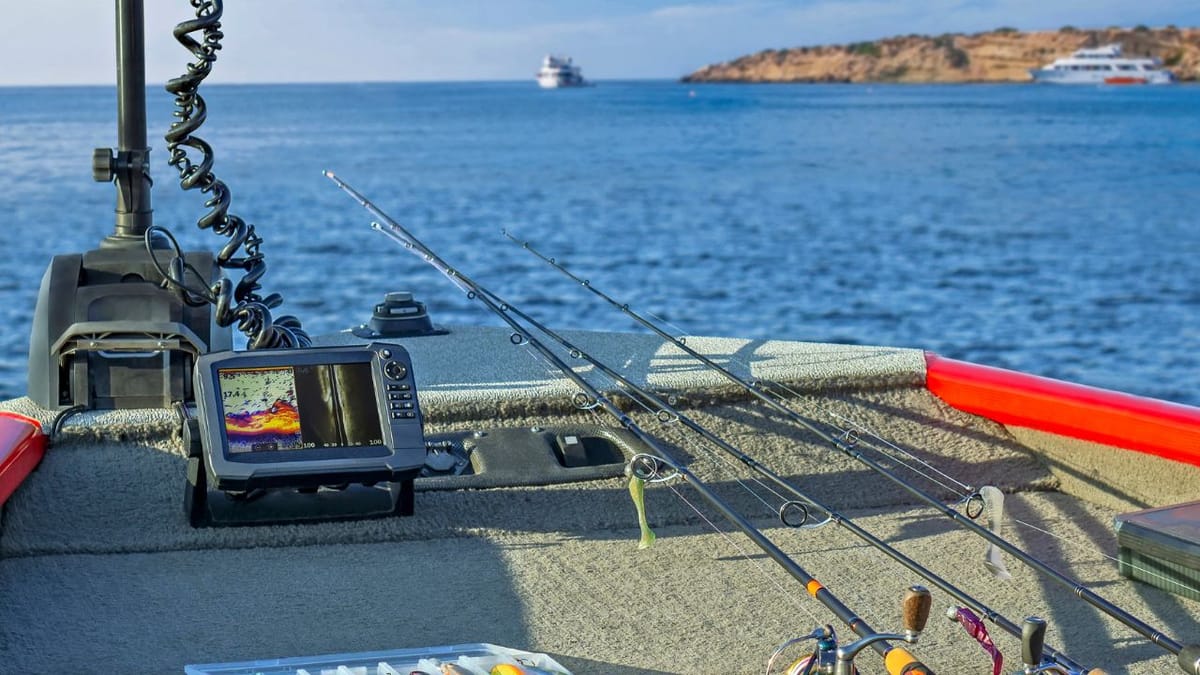
Power Source and Battery Life
The power source and battery life of your fish finder are critical, especially for longer trips. Most fish finders run on 12-volt batteries, but some can operate on smaller, more portable batteries. It's important to consider the balance between battery life and the power demands of your device.
Some anglers opt for rechargeable batteries, while others prefer disposable ones for convenience. Whichever you choose, ensure that your battery can last for the duration of your trip and that you have a backup power source if necessary.
GPS Integration and Mapping
GPS integration in a fish finder can be a game-changer for kayak anglers. It allows you to mark waypoints, track your route, and even create custom maps. This feature is particularly useful for returning to productive fishing spots or navigating unfamiliar waters.
Some fish finders come with preloaded maps, while others allow you to add your own. Advanced models offer real-time mapping, which lets you create detailed maps of the water as you fish, providing a significant advantage in planning your fishing strategy.
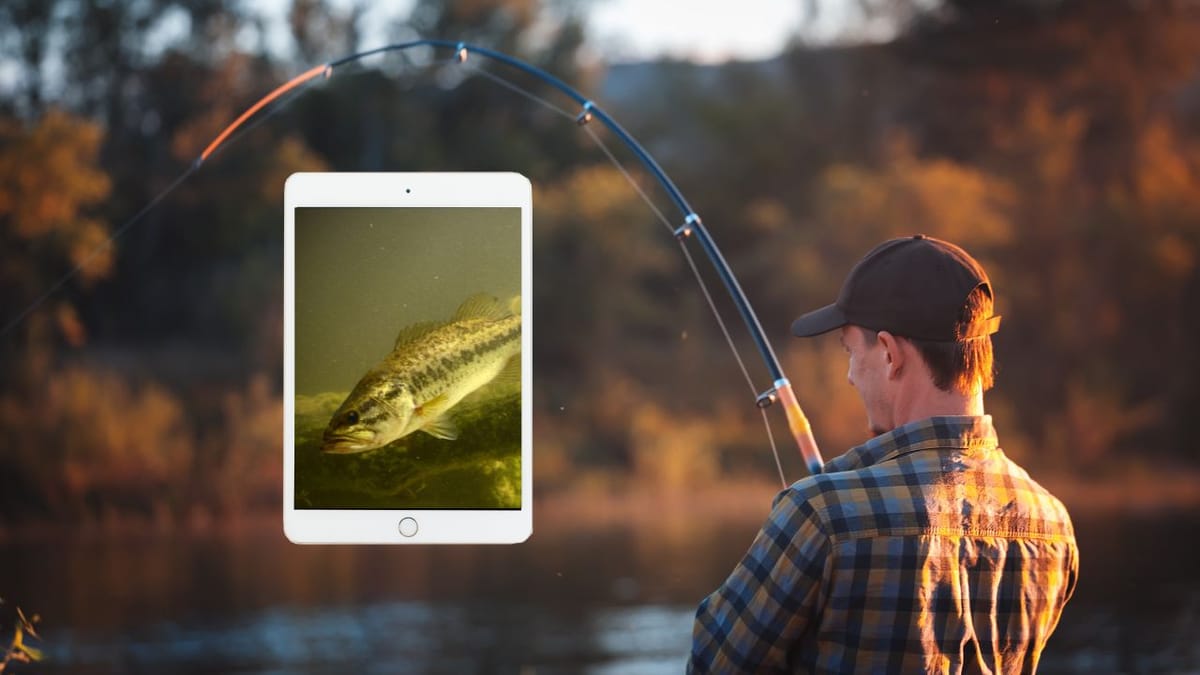
Durability and Waterproofing
Durability and waterproofing are non-negotiable when it comes to kayak fish finders. Look for devices with rugged construction that can withstand the bumps and knocks of kayak fishing. Waterproofing is equally important, as your fish finder will be exposed to splashes and possibly even submersion.
Check the IPX rating of the fish finder, which indicates its level of waterproofing. An IPX7 rating, for example, means the device can withstand incidental exposure to water of up to 1 meter for up to 30 minutes. This level of protection is typically sufficient for kayak fishing.
Connectivity and Additional Features
Modern fish finders offer various connectivity options, such as Wi-Fi and Bluetooth, which can enhance your fishing experience. These features allow you to connect your fish finder to your smartphone or tablet, giving you access to additional apps and data.
Additional features like fish alarms, temperature sensors, and the ability to record sonar logs can also be beneficial. These extras can help you identify patterns and improve your chances of a successful fishing trip.
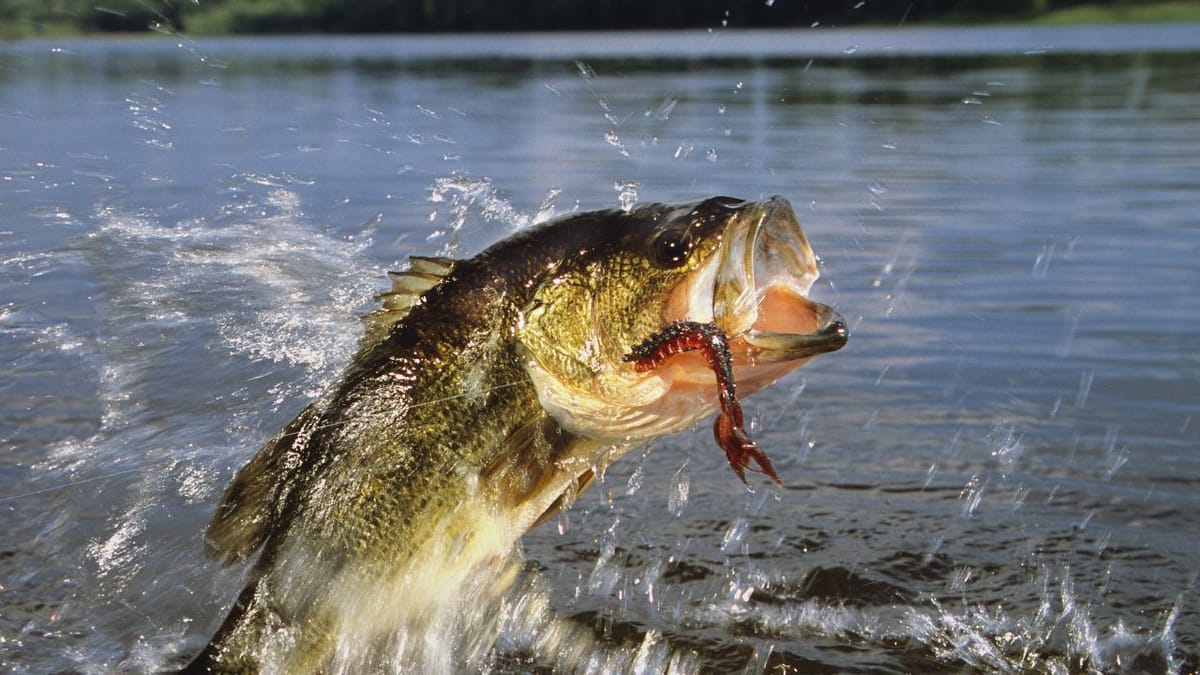
Price vs. Quality
When it comes to fish finders, you often get what you pay for. However, that doesn't mean you need to break the bank to get a quality device. There are many affordable options that offer great features and performance for kayak anglers.
It's important to balance price with quality and consider which features are essential for your fishing needs. Investing in a higher-quality fish finder can pay off in the long run with better performance, durability, and overall satisfaction.
Summary
Choosing the best fish finder for your kayak involves considering factors like portability, battery life, sonar technology, screen size, and GPS capabilities. The Garmin Striker 4, Lowrance HDS-7 Live, Humminbird Helix 5, and Raymarine Dragonfly Pro series are among the top models that cater to different needs and budgets. Proper installation, understanding the balance between frequency and sonar types, and ensuring durability and waterproofing are crucial for the best experience. Connectivity and additional features can further enhance your fishing trips, but always weigh the price against the quality to make the best investment for your angling adventures.
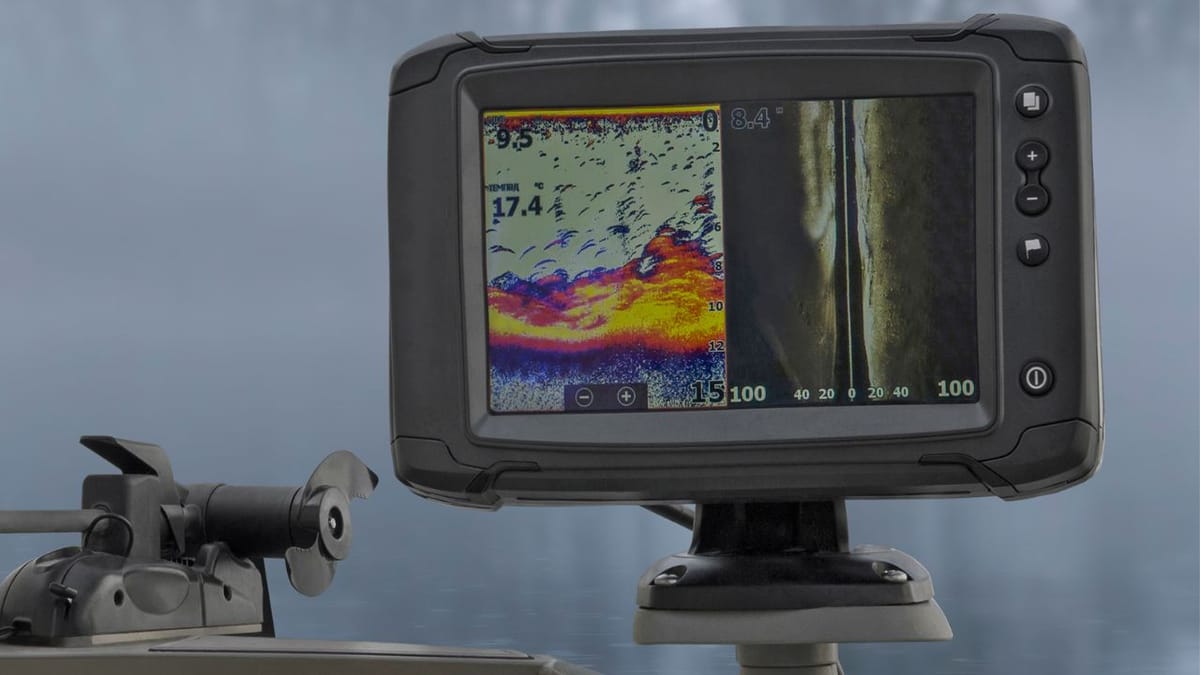
FAQ Section
Do I need a fish finder with GPS for kayak fishing?
While not strictly necessary, a fish finder with GPS can greatly enhance your kayak fishing experience by allowing you to mark waypoints, track routes, and create custom maps, which can be invaluable for finding and returning to productive fishing spots.
Can I use a regular fish finder on a kayak, or do I need a kayak-specific model?
You can use a regular fish finder on a kayak, but kayak-specific models are often more compact, portable, and designed to work within the space and power limitations of a kayak. They may also have kayak-friendly mounting options.
How important is the waterproof rating for a kayak fish finder?
The waterproof rating is very important for a kayak fish finder, as it will be exposed to water regularly. Look for a high IPX rating to ensure your device can withstand splashes and brief submersion without damage.
Other Related Articles
